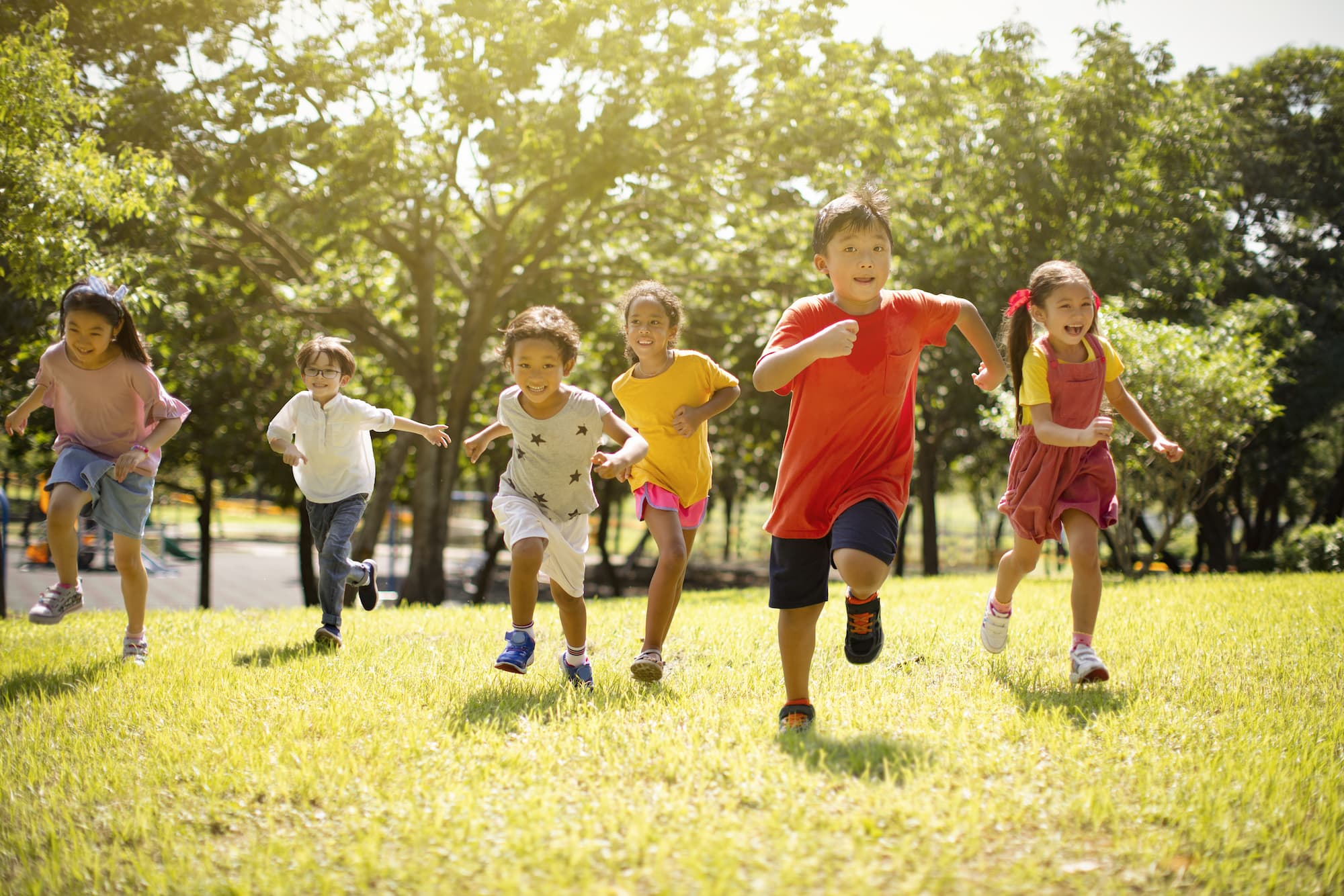We hope this latest update finds you and your loved ones well.
Please share the article, follow and like us on Facebook and Instagram. Your support and feedback are really appreciated and so valuable in helping us improve these updates. We aim for this information to be as useful to you and all families.
Do you have a question or topic that you would like covered through this newsletter? Please email info@childhealthy.co.uk and we will aim to include this in the next update.
Our practice is here to support you as usual.
We wish you all the very best,
Dr Yiannis and the Childhealthy team.
- Stay safe – COVID restrictions continue.
- COVID-19 vaccines have been approved for children.
- What is a high temperature for a child?
- The ultimate guide to baby milestones
- Before you go...
Stay safe – COVID restrictions continue.
The government announced recently that there will be a delay to easing lockdown after rising cases of COVID-19 in recent weeks. This is necessary to further control the spread of the virus, mainly the Delta Variant (originally detected in India).
Public Health England has reported that rates are currently much higher in children between 11-16 years old than at earlier phases in the pandemic. But the health risks of COVID-19 to the vast majority of children and young people remain low.
Our COVID-19 and children FAQs detail what symptoms to watch out for and what to do if you think your child may have coronavirus.
This helpful flowchart, developed by the Royal College of Paediatrics and Child Health during earlier stages of the pandemic, uses a traffic light system to help you know when to take your child to A&E. It remains a very relevant and helpful advice tool for parents.
Please do contact us if you have any concerns about your child’s health or would like to book an appointment to see one of our paediatricians.
Clinic, remote appointments and home visits are available daily.
COVID-19 vaccines have been approved for children.
You may have also seen in the news recently that vaccines have been approved for children over 12 years. Following successful trials, the Pfizer vaccine has been given approval in the UK by the medicines regulator for children aged 12-15.
It has been widely reported that although they are approved, it’s not yet been decided whether the vaccines will be rolled out to children in the UK.
In the UK, a body of experts known as the Joint Committee on Vaccination and Immunisation (JCVI) assesses the risks and benefits for children to be vaccinated. It is so reassuring that throughout the pandemic, the majority of children have had only mild or no symptoms. Only a small minority have had complications including the multisystem inflammatory syndrome.
What are the benefits of vaccinating children?
There are fewer reasons to vaccinate children than there are adults. Most children with COVID-19 do not suffer from severe illness. The families of children who have been shielding for health reasons are keen for them to be vaccinated so they can go back to school. But otherwise the main benefit to vaccinating children is to protect vulnerable adults.
Are there any risks for children?
There has been no evidence so far that vaccines are harmful to children. But there hasn’t yet been enough children vaccinated to provide real-world results. The US are ahead of the field in vaccinating large numbers of children, so there should be more conclusive data as to the side effects soon.
Do we need to vaccinate children?
Some say it’s not necessary to vaccinate children as the risk of transmission is low, they don’t suffer from COVID-19, and if enough adults are vaccinated, it will eliminate cases in children. However, there is a need to prevent children from missing out on their education when positive tests occur in school. And the Delta variant is proving to be more transmissible than other variants.
The decision to vaccinate children against COVID-19 will raise many questions with parents so clear guidance is awaited. We will keep you updated as things inevitably change.

What is a high temperature for a child?
For reference and reassurance, there is a new Advice article on the Childhealthy website that tells you more about what is a high temperature in children and gives you guidance on what is a normal temperature in a child, how to relieve a high temperature in a child and when you should see a doctor or visit hospital.
There are many reasons your child might have a temperature. It is important to know that a normal temperature in children can range from 36.5°C to 37.5°C and what to look out for if a child has a fever, so you can determine whether it should be treated as an emergency.
Emergencies are best looked after in an emergency department or by calling 111 for advice or 999 in an emergency. However, if you’re feeling worried or unsure about your child’s temperature, you can always talk with one of our paediatricians. Please feel free to contact us at Childhealthy, we will be happy to help.
The ultimate guide to baby milestones
We also have a new, Ultimate guide to baby milestones on our Advice page to help answer all the questions you may have about what ages your baby should be doing things like walking, talking, sitting up and crawling.
We’re often asked about baby milestones at Childhealthy. The guide covers those memorable moments from birth to one year. We hope you find it informative.
If you have a question about a milestone that isn’t covered in the guide, please do email us at info@childhealthy.co.uk so we can add it in.
Before you go...
Next month we will launch our new class for weaning infants onto solids. Email us at info@childhealthy.co.uk if you are interested in joining the class that will be online with a paediatric dietitian.
Our virtual First aid training classes for parents are still continuing with great feedback. Please pass on the details to other parents, NCT groups, grandparents and all carers. Larger group discounts are available. You can book a class by emailing firstaidtraining@childhealthy.co.uk or info@childhealthy.co.uk.
That’s all for now. As always, we are all here and available to support you with your child’s health. I hope you find the further resources below useful.
Further resources:
- The Guardian: The pros and cons of giving vaccines to children.
- Rise in Covid case rates highest among children and teenagers – says Public Health England
- Gov.uk latest vaccination figures
- RCPCH report paediatric multisystem inflammatory syndrome (PIMS)
- What is a high temperature in children?
- Ultimate guide to baby milestones

